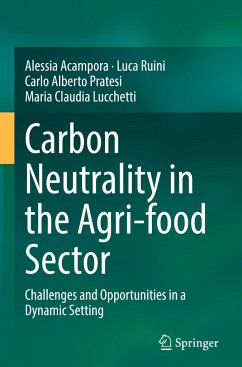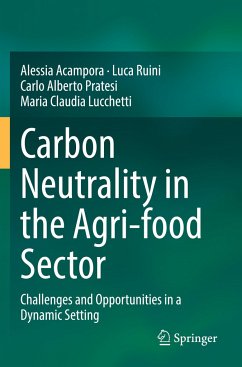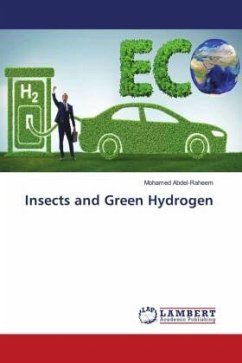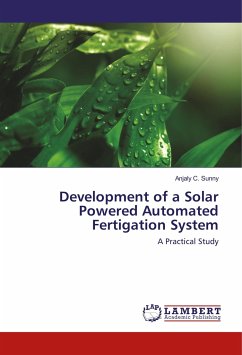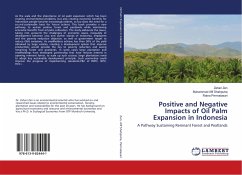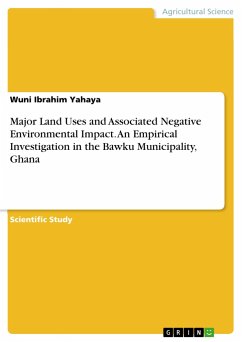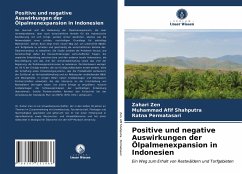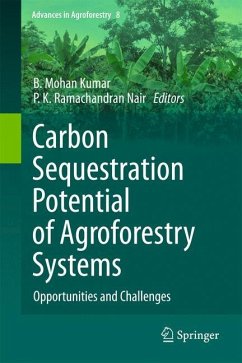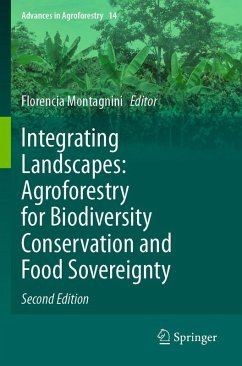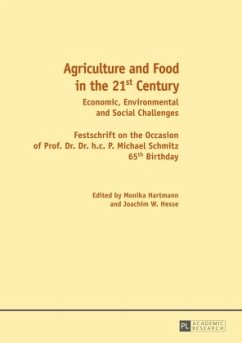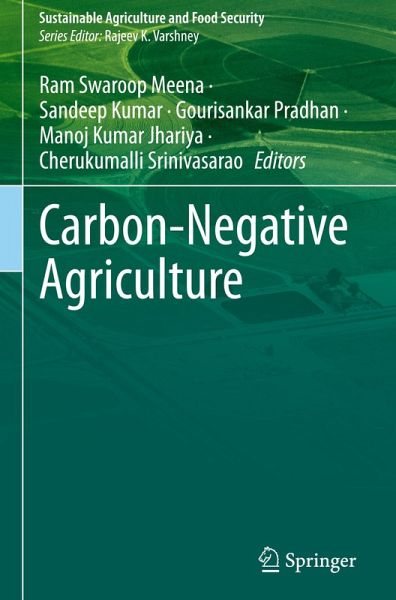
Carbon-Negative Agriculture
Versandkostenfrei!
Erscheint vorauss. 28. Oktober 2025
149,99 €
inkl. MwSt.

PAYBACK Punkte
75 °P sammeln!
This book explores the theory of carbon money, which posits that national currency exchange rates are tied to carbon pricing levels. It promotes eco-friendly agricultural practices that conserve energy and natural resources, support carbon sequestration, and reduce greenhouse gas emissions. This book also provides an inside look at innovative plans and governmental policies at the international level for net carbon-negative farming, with a focus on digital agriculture, conservation agriculture, renewable energy, farmer awareness, and capacity building, which allows the world to capture and man...
This book explores the theory of carbon money, which posits that national currency exchange rates are tied to carbon pricing levels. It promotes eco-friendly agricultural practices that conserve energy and natural resources, support carbon sequestration, and reduce greenhouse gas emissions. This book also provides an inside look at innovative plans and governmental policies at the international level for net carbon-negative farming, with a focus on digital agriculture, conservation agriculture, renewable energy, farmer awareness, and capacity building, which allows the world to capture and manage carbon. The evolving landscape of agriculture amidst climate change is discussed, with a focus on innovative strategies such as negative carbon sinks and the use of carbon credits. It highlights the potential of agroforestry, conservation tillage, and other practices to transform agriculture into a climate-friendly industry through real-world examples and case studies.
This book explores potential strategies and regulations that can assist academics, students, researchers, and policymakers. It investigates the link between sustainable carbon farming methods and economic incentives, offering a comprehensive guide for researchers, farmers, policymakers, and other stakeholders.
This book explores potential strategies and regulations that can assist academics, students, researchers, and policymakers. It investigates the link between sustainable carbon farming methods and economic incentives, offering a comprehensive guide for researchers, farmers, policymakers, and other stakeholders.



